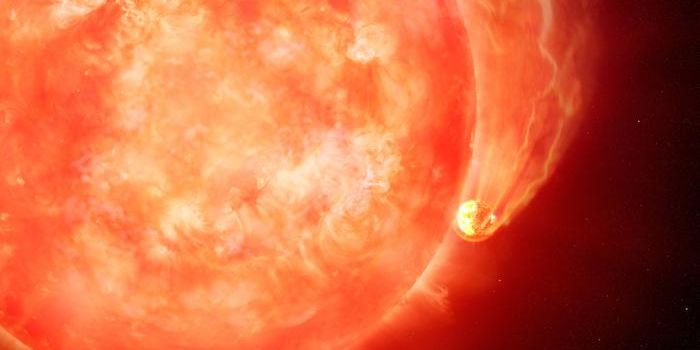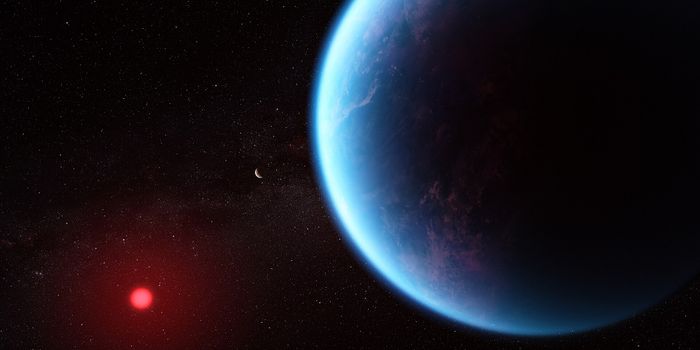Some of Your Sun Tan Comes From Light From Other Galaxies
A lot of people like going tanning at the beach, or even in their own backyards. Some have tan-lines, and some don’t, but now there’s something tanners can all say they have in common: the Sun isn’t the only source of light that’s having the tanning effect on your skin.

Image Credit: ICRAR/Dan Hutton
As noted in the study, up to ten trillionths of those particles are actually coming from other stars, and even black holes. Some of that light has travelled less distance then other light, but one thing that scientists can agree on is that some of it has travelled for billions of years to get to your skin.
The scientists came to this conclusion by studying the various kinds of light that make it to our planet by examining the light that is hitting our Earth with light wavelength observation. Such technology can be used to measure the wavelengths of the kinds of light being observed.
“Most of the photons of light hitting us originate from the Sun, whether directly, scattered by the sky, or reflected off dust in the Solar System,” lead author and astrophysicist Professor Simon Driver from the International Centre for Radio Astronomy Research said.
“However, we’re also bathed in radiation from beyond our galaxy, called the extra-galactic background light. These photons are minted in the cores of stars in distant galaxies, and from matter as it spirals into supermassive black holes.”
For what it’s worth, ten trillionths of the light that bombards your body from outside of our solar system really isn’t causing any long-term damage to your skin. If anything, the Sun’s light is causing a lot more damage than the light from distant sources of light because it’s much closer and makes up the majority of the rays that kiss your skin.
Driver also notes that galaxies themselves that are containing those distant stars or black holes act as natural shields to our bodies, adding that they provide their own SPF with a rating of about 2.
Source: ICRAR, Science Alert








